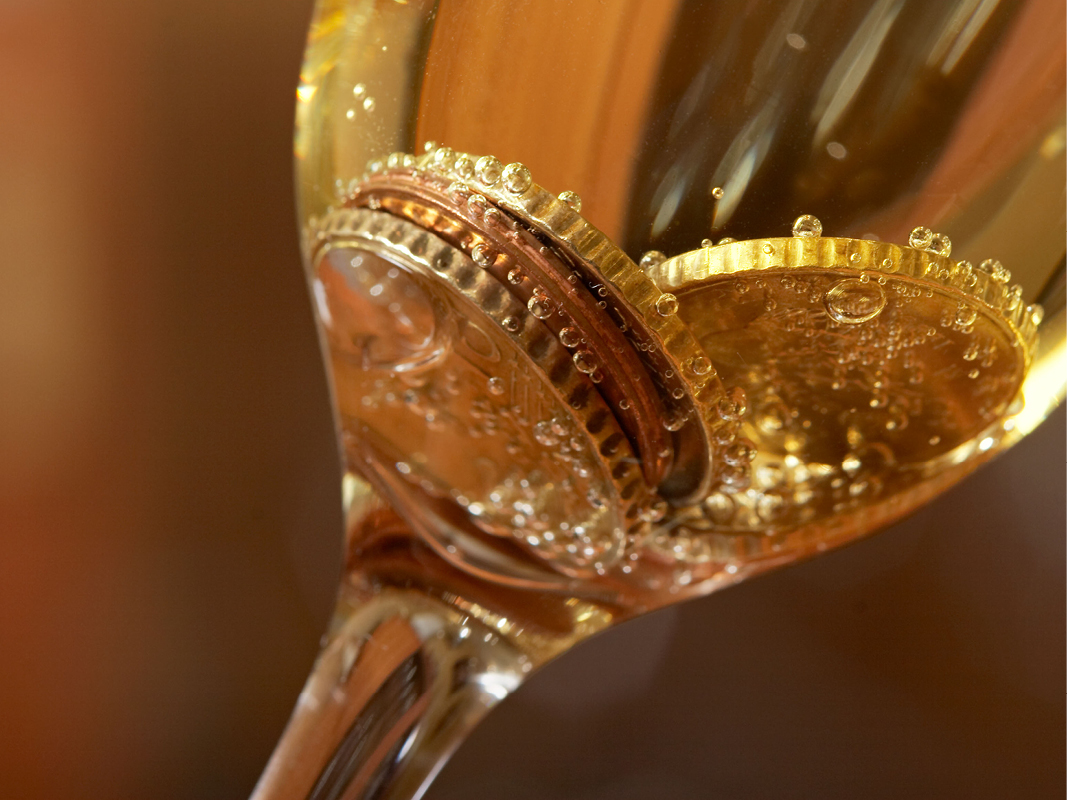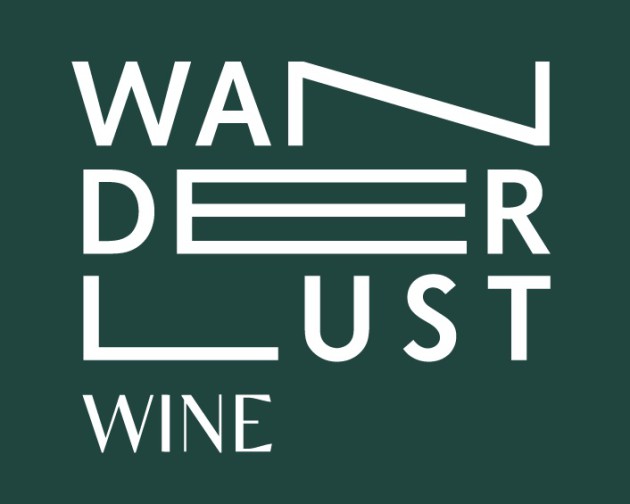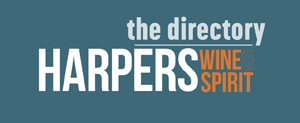
Alcohol duty rises impact inflation
Last August’s duty hikes for wine and spirits have contributed to December’s unexpected rise in UK inflation, it has been revealed, as the Wine and Spirit Trade Association (WSTA) announces that the rate for the sector is now three times higher than it was this time last year.
According to official data shared today (17 January) via ONS, overall UK inflation accelerated in December for the first time since February last year to sit at 4%, up from 3.9%.
During a similar time period, wine and spirits inflation witnessed its own acceleration. Half a year after the government green-lit its widely criticised reforms to ‘simplify’ UK alcohol duty, inflation for wines and spirits has risen markedly from 3.5% this time last year to just under 9.6% today.
Inflation for spirits now sits at 8.9%, wine 7.8% and fortified wine 18.7%.
“We told the government its plans for the duty system would push up inflation,” WSTA chief executive Miles Beale said.
“If the government is serious about taking measures to cut inflation the simple answer is to cut alcohol excise duty at the next Budget and stop the duty system reforms where they are now.”
It is notable that December’s unexpected inflation rise – the first in ten months for overall UK inflation – came just months after the August’s duty rises, during a busy period when many wine and spirits businesses not only sell a lot of stock, but would also have run through pre-duty rise stock.
A major contributor of GDP, wine and spirits generates over £50bn annually to the UK economy. Yet, when it comes to getting the balance right between tax and consumer spending, the WSTA – among are others – have been vocal in their criticisms.
“Politicians only need to look back over the spreadsheets to discover that cutting alcohol duty brings more revenue to the Treasury and keep prices down for hard-pressed consumers. Cutting duty is a ‘win, win’ for all.”
Commenting on the overall UK inflation rises Kate Nicholls, chief executive of UKHospitality, added: “This rise in inflation, albeit slight, will come as no surprise to those of us that have been warning the endless rise in business costs risks an inflationary spike at the start of this year.
“With inflation having fallen steadily over the past year, the high business costs that remain a significant part of the economy risk reversing this downward trend.
“Hospitality is the highest contributor to the growth in the inflation rate this month and with business rates and the National Living Wage set to increase in April, hospitality venues will have no choice but to pass these costs onto consumers, once again fuelling inflation.”
She called on the government to mitigate these cost increases, both in the short-term, by capping the business rates hike due in April, and also by reducing the rate of VAT for hospitality which would “increase demand, grow sales and keep prices low”.










